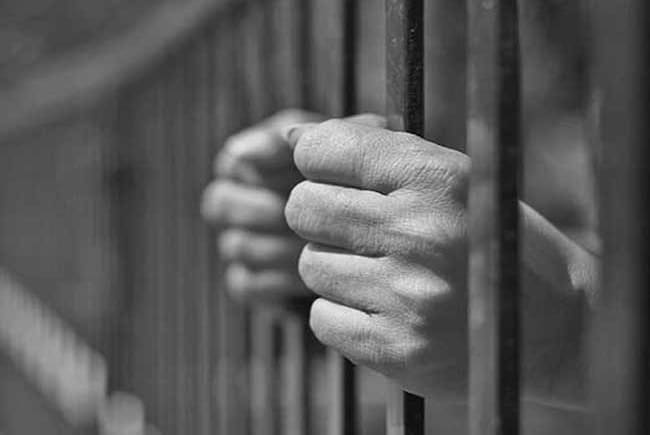
Representational Image
Aleg, Mauritania:
A Mauritanian court on Thursday rejected an appeal by the country's leading anti-slavery campaigner to be released from jail, upholding a two-year sentence passed in January.
The West African government has attempted to criminalise slavery and last week passed a law making it a crime against humanity and doubling prison terms for offenders. But campaigners say it will not be enough to stamp out the practise, thought to affect between 4 and 20 percent of the population.
Biram Dah Abeid, a former presidential candidate, was arrested in November during a peaceful anti-slavery march. He was sentenced in January for inciting trouble and belonging to an unrecognised organisation.
Members of the Haratin community, or black moors, from which slaves are drawn, filled the benches of the courtroom in the southern town of Aleg and cried out in disbelief after the verdict.
The court's president said that in the absence of new defence testimony it would uphold the earlier sentences.
Biram Dah Abeid, who has twice before been imprisoned for opposing slavery, boycotted the proceedings together with his lawyers.
"I refuse to give up. I will not be silenced. I will not stop challenging the dogma which is used to legitimise slavery here," he wrote in a letter from jail, released by global activist network Avaaz.
"The real reason for the decision is that Mauritania is willing to pass laws on slavery but does not intend to implement change," said Alice Jay, campaign director for Avaaz, which has collected a million signatures for a petition for his release.
Jay says the organisation plans to visit European Union leaders in Brussels to lobby for a suspension of up to 195 million euros ($218 million) in EU aid for Mauritania's government.
Other types of aid given directly to other organisations in the country would not be affected, she said.
The West African government has attempted to criminalise slavery and last week passed a law making it a crime against humanity and doubling prison terms for offenders. But campaigners say it will not be enough to stamp out the practise, thought to affect between 4 and 20 percent of the population.
Biram Dah Abeid, a former presidential candidate, was arrested in November during a peaceful anti-slavery march. He was sentenced in January for inciting trouble and belonging to an unrecognised organisation.
Members of the Haratin community, or black moors, from which slaves are drawn, filled the benches of the courtroom in the southern town of Aleg and cried out in disbelief after the verdict.
The court's president said that in the absence of new defence testimony it would uphold the earlier sentences.
Biram Dah Abeid, who has twice before been imprisoned for opposing slavery, boycotted the proceedings together with his lawyers.
"I refuse to give up. I will not be silenced. I will not stop challenging the dogma which is used to legitimise slavery here," he wrote in a letter from jail, released by global activist network Avaaz.
"The real reason for the decision is that Mauritania is willing to pass laws on slavery but does not intend to implement change," said Alice Jay, campaign director for Avaaz, which has collected a million signatures for a petition for his release.
Jay says the organisation plans to visit European Union leaders in Brussels to lobby for a suspension of up to 195 million euros ($218 million) in EU aid for Mauritania's government.
Other types of aid given directly to other organisations in the country would not be affected, she said.
© Thomson Reuters 2015
Track Latest News Live on NDTV.com and get news updates from India and around the world

